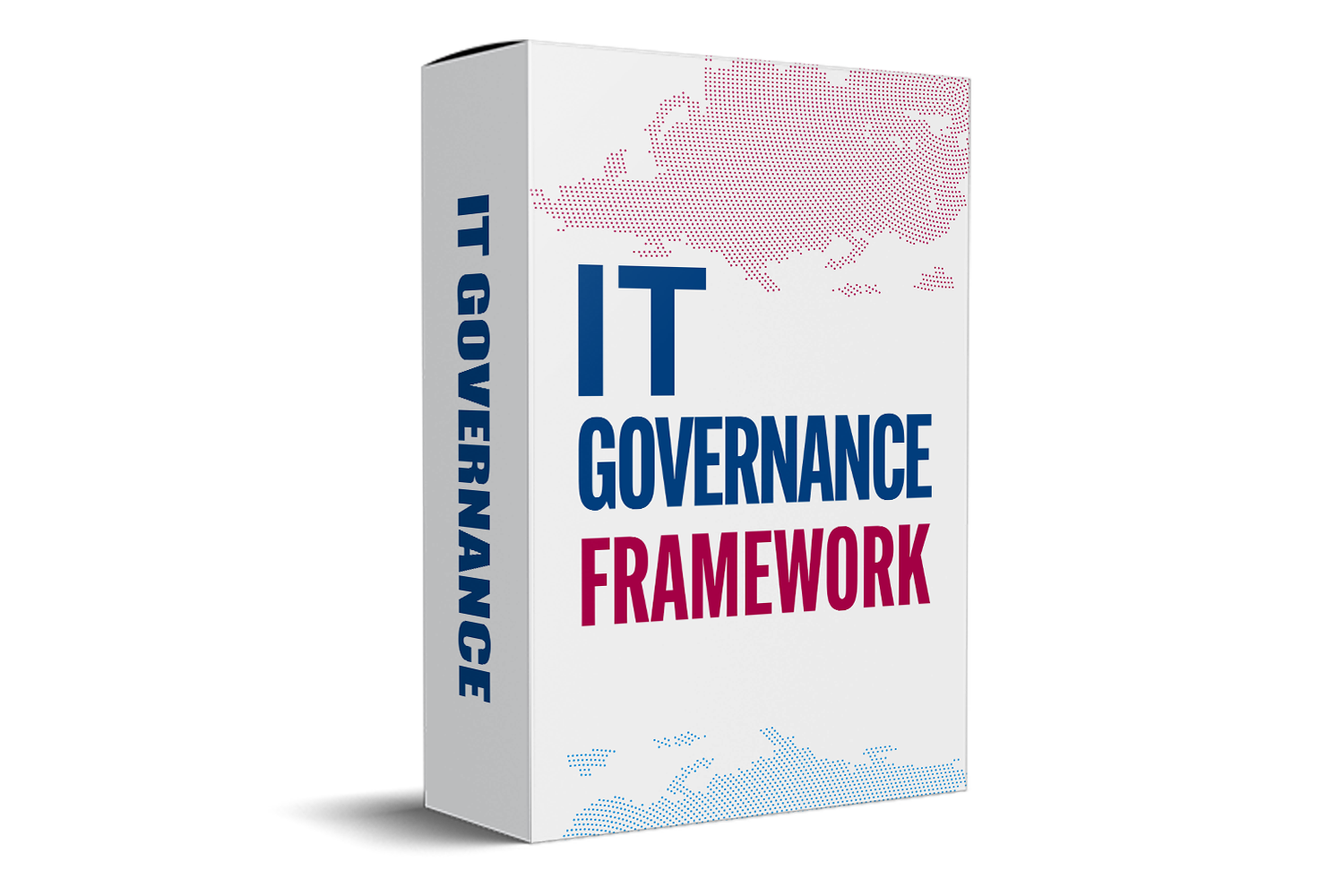GDPR : Article 28 - Processor
Overview
Article 28 of the General Data Protection Regulation (GDPR) outlines the obligations and requirements for data processors in the processing of personal data on behalf of data controllers. In the context of GDPR, a data processor is an entity or organization that processes personal data on behalf of a data controller.

Defining the Data Processor:
1. Understanding the Role: A data processor, as delineated by the General Data Protection Regulation (GDPR), refers to an individual or entity entrusted with the responsibility of processing personal data on behalf of a designated data controller. This role encompasses a spectrum of functions integral to the data processing lifecycle.
2. Execution of Processing Tasks under Directive: Operating strictly under the explicit directives of the data controller, the data processor undertakes tasks ranging from data collection and organization to storage and utilization. This pivotal role necessitates meticulous adherence to legal and regulatory mandates, ensuring that all processing activities align with the overarching data protection framework.
3. Enforcement of Security Measures and Principles: Beyond data manipulation, the data processor assumes a pivotal role in implementing robust security measures, upholding data protection principles, and maintaining the confidentiality of personal data. These measures are integral to the preservation of data integrity and the prevention of unauthorized access.
4. Contributing to GDPR Compliance and Privacy Preservation: While distinct from the data controller, the data processor significantly contributes to the broader objective of GDPR compliance. By ensuring the lawful, ethical, and secure handling of personal data, the data processor plays a vital part in upholding individuals' privacy rights and fostering a data processing environment characterized by accountability and transparency.
Distinctive Features of Data Processors
- Role Differentiation: Data processors and data controllers have distinct roles and responsibilities. While controllers determine the purposes and means of processing, processors handle data on behalf of controllers.
- Legal Basis: Processors must operate under a legal basis established by the data controller, and their processing activities must align with the controller's instructions.
- Liabilities: Processors are directly accountable to data controllers and are subject to contractual agreements that outline their obligations. They are liable for breaches of GDPR provisions and may face legal consequences.
Obligations of Data Processors
- Data Security: Processors must implement appropriate technical and organizational measures to ensure the security of personal data. This includes encryption, pseudonymization, regular security assessments, and measures to prevent unauthorized access or breaches.
- Confidentiality: Processors must maintain confidentiality and restrict access to personal data only to authorized personnel involved in processing activities.
- Data Protection Impact Assessments (DPIAs): Processors are required to assist controllers in conducting DPIAs, which evaluate the impact of processing activities on data subjects' privacy and assess risks.
- Assisting Controllers: Processors must assist controllers in fulfilling their GDPR obligations, including responding to data subject requests, reporting data breaches, and ensuring compliance with data protection principles.
- International Data Transfers: Processors must adhere to GDPR's provisions on transferring personal data to countries outside the EU/EEA, ensuring adequate safeguards are in place.
Processor Liability and Accountability
1. Contractual Arrangements: Data controllers and processors must establish written agreements outlining the terms of their relationship. These contracts should detail the purpose, duration, nature, and scope of processing, as well as the rights and obligations of both parties.
2. Liability for Breaches: Processors are legally responsible for breaches of GDPR and can be held liable for penalties or damages. However, controllers remain ultimately responsible for data protection compliance.
3. Sub processing: If a processor engages a sub processor, they must ensure the sub processor meets GDPR requirements and maintains the same level of data protection. Controllers must be informed of sub processor engagements.
Achieving GDPR Compliance as a Data Processor
- Legal Review and Documentation: Processors should conduct legal assessments to understand their GDPR obligations and ensure robust documentation of processing activities.
- Security Measures: Implement strong security measures to safeguard personal data from breaches or unauthorized access.
- Employee Training: Train personnel involved in processing activities to ensure they understand data protection requirements and their responsibilities.
- Data Subject Rights: Establish procedures for handling data subject requests, such as access, rectification, erasure, and objection, in collaboration with controllers.
- Incident Response: Develop a clear incident response plan to promptly address and report data breaches to controllers.
Conclusion
As the GDPR continues to shape data privacy standards, processors must remain vigilant, adaptable, and committed to upholding the rights and interests of data subjects in the evolving digital landscape. Through proactive measures, ongoing education, and a shared commitment to data privacy, data processors can establish themselves as vital partners in the global endeavor to safeguard personal information.



